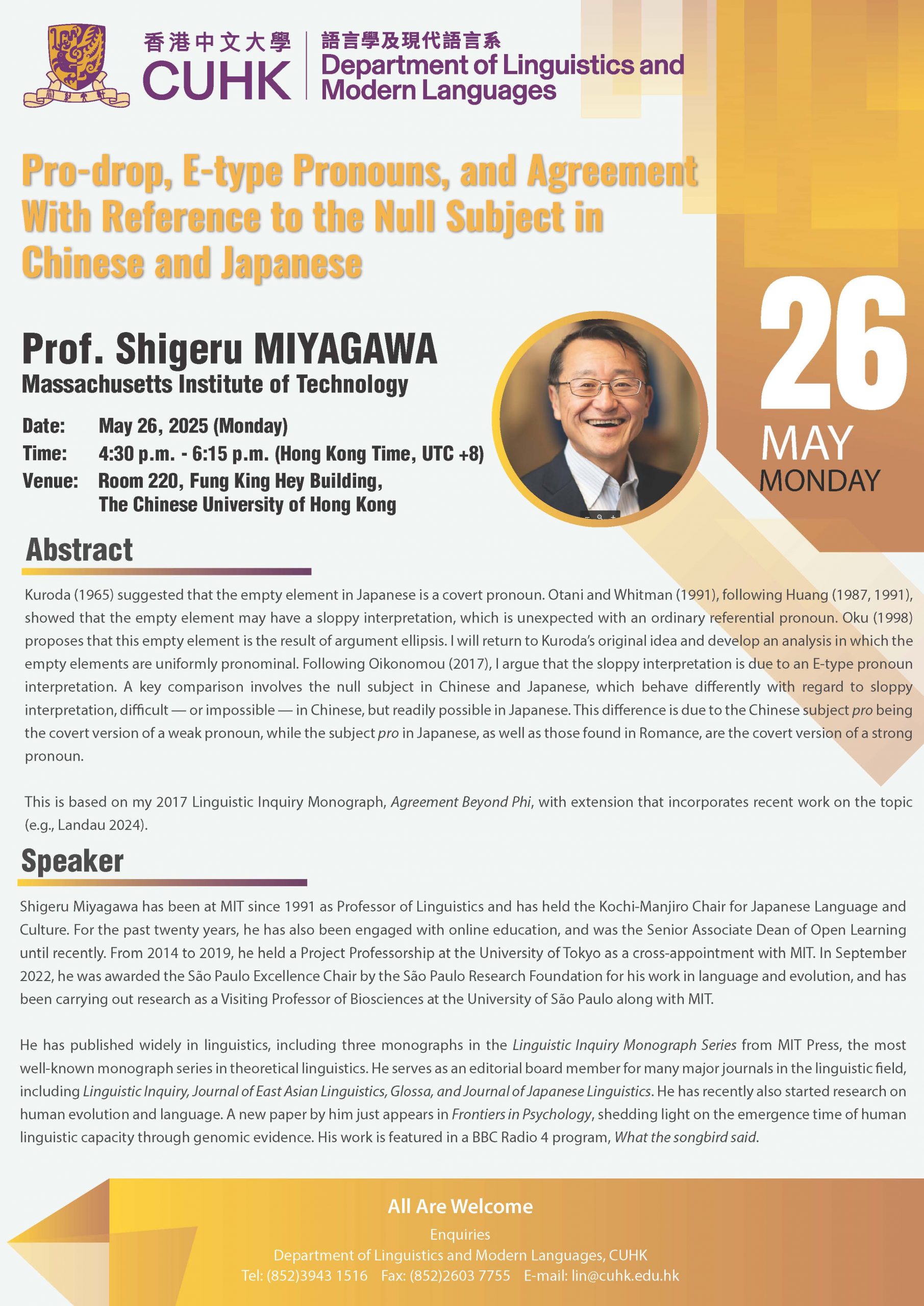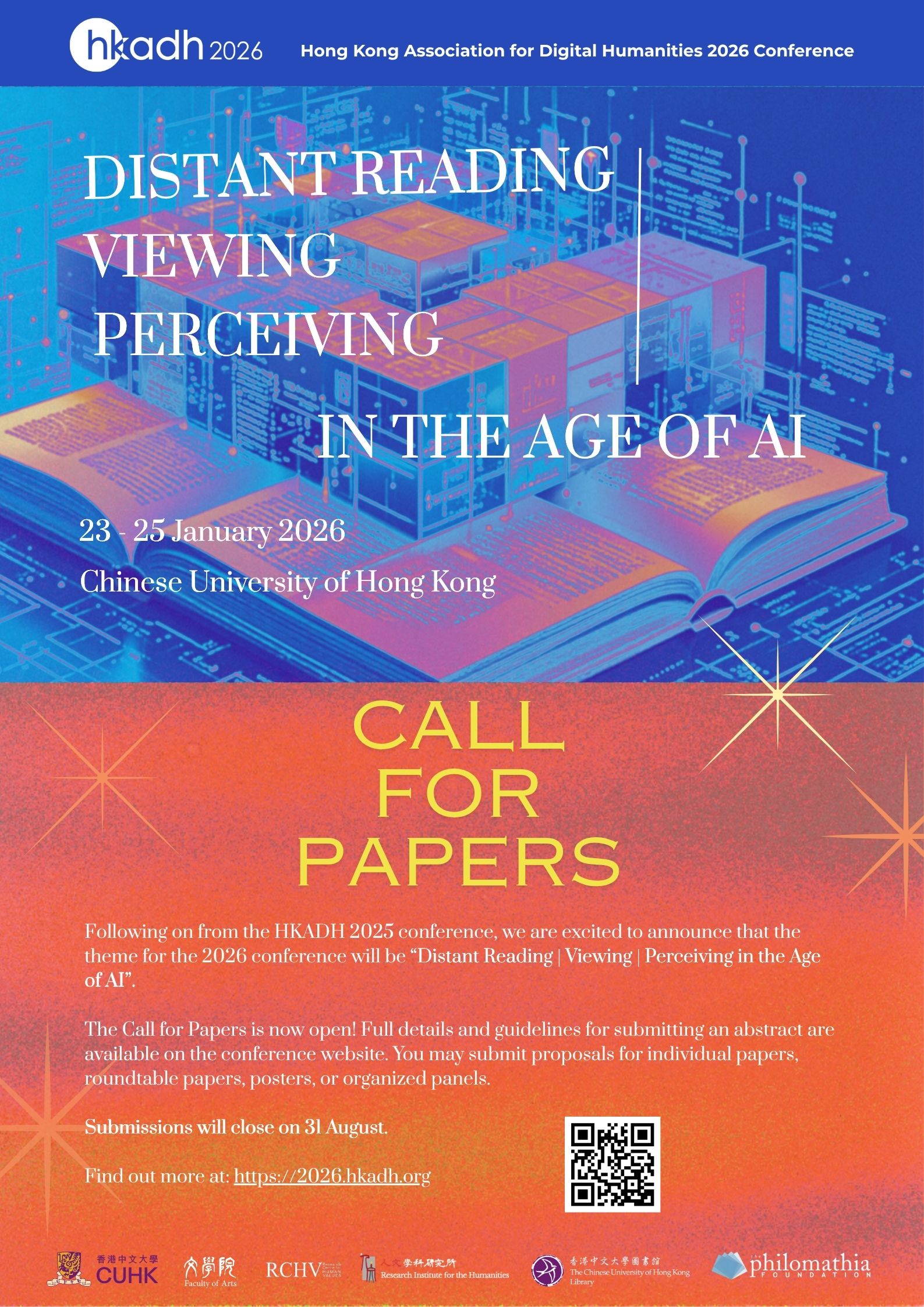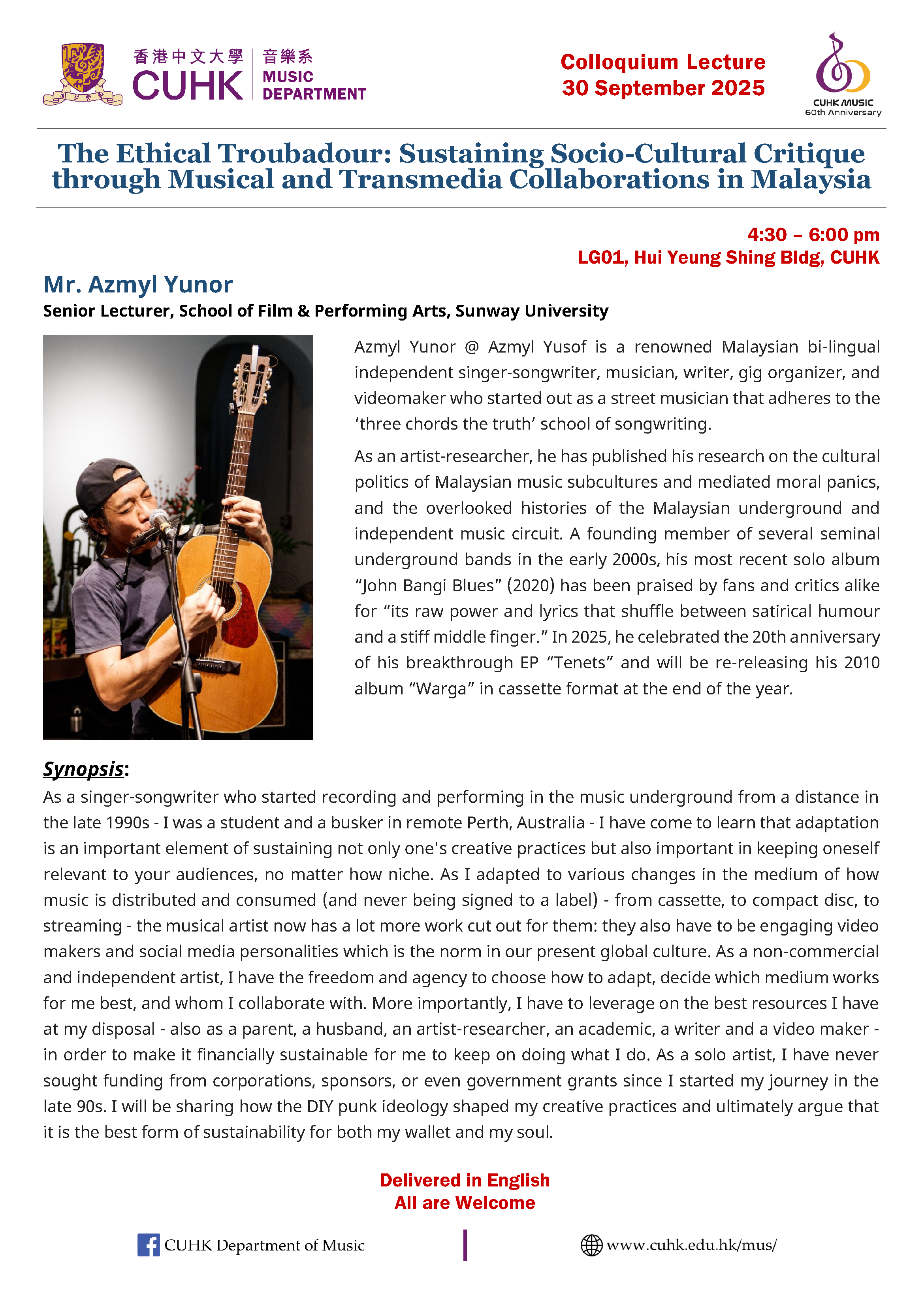
Speaker
Prof. Shigeru MIYAGAWA (MIT)
Professor Shigeru Miyagawa has been at MIT since 1991 as Professor of Linguistics and has held the Kochi-Manjiro Chair for Japanese Language and Culture. For the past twenty years, he has also been engaged with online education, and was the Senior Associate Dean of Open Learning until recently. From 2014 to 2019, he held a Project Professorship at the University of Tokyo as a cross-appointment with MIT. In September 2022, he was awarded the São Paulo Excellence Chair by the São Paulo Research Foundation for his work in language and evolution, and has been carrying out research as Visiting Professor of Biosciences at the University of São Paulo along with MIT.
He has published widely in linguistics, including three monographs in the Linguistic Inquiry Monograph Series from MIT Press, the most well-known monograph series in theoretical linguistics. He serves as an Editorial Board member for many major journals in the linguistic field, including Linguistic Inquiry, Journal of East Asian Linguistics, Glossa, and Journal of Japanese Linguistics. He has recently also started research on human evolution and language. A new paper by him just appears in Frontiers in Psychology, shedding light on the emergence time of human linguistic capacity through genomic evidence. His work is featured in a BBC Radio4 program, What the songbird said.
Kuroda (1965) suggested that the empty element in Japanese is a covert pronoun. Otani and Whitman (1991), following Huang (1987, 1991), showed that the empty element may have a sloppy interpretation, which is unexpected with an ordinary referential pronoun. Oku (1998) proposes that this empty element is the result of argument ellipsis. I will return to Kuroda’s original idea and develop an analysis in which the empty elements are uniformly pronominal. Following Oikonomou (2017), I argue that the sloppy interpretation is due to an E-type pronoun interpretation. A key comparison involves the null subject in Chinese and Japanese, which behave differently with regard to sloppy interpretation, difficult — or impossible — in Chinese, but readily possible in Japanese. This difference is due to the Chinese subject pro being the covert version of a weak pronoun, while the subject pro in Japanese, as well as those found in Romance, are the covert version of a strong pronoun.
This is based on my 2017 Linguistic Inquiry Monograph, Agreement Beyond Phi, with extension that incorporates recent work on the topic (e.g., Landau 2024).
Enquires
For inquiry, please contact the General Office at 3943 3219.




